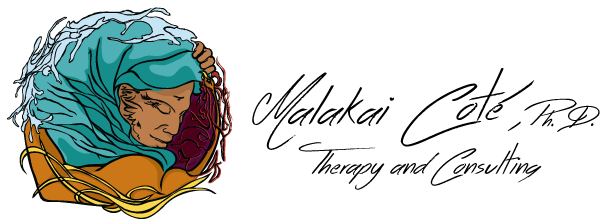Many folks have asked me, how do they know that it is time to seek out the support of a psychologist? There is not a "cookie cutter" response to this question as people have different experiences and supports in their lives. Some folks seek out psychotherapy when they feel like things are “falling apart,” while others may seek out psychotherapy when feeling relatively stable but want to engage in personal growth and change. If you are unsure whether it is time to seek out support, there are some things to consider when trying to decide if it's a good time. Below, I list a few experiences that may be indicators of distress. This list is brief and it is not exhaustive.
- Feeling down or sad most of the time
- Having less energy than usual
- Struggling with finding life meaning and purpose
- Feeling unmotivated, stuck, and not feeling like yourself
- Experiencing constant, uncontrollable worry about work, life, and relationships
- Experiencing overwhelming feelings of stress and tension, feeling like you can't unplug or unwind
- Being challenged by experiences of social oppression that interfere with work and personal relationships
- Struggling with alcohol and/or drug use
- Feeling directionless and frustrated about how to address conflicts with others
- Experiencing conflict with family
- Thinking about suicide
- Having questions and concerns about sexual relationships
- Wanting to more deeply explore gender identity concerns and possibly gender transition
- Needing healing from past hurts and interpersonal traumas
- Wanting to break free from a relationship that causes confusion and hurt
- Feeling lonely and rejected by others
Many people move through their lives without feeling like they need to talk to a mental health professional. And there are also times in people’s lives where they might feel extremely stuck or need additional help. It is courageous to ask for support.
